A Scientific Approach to Herbalism: A Modern Synthesis of Nature and Knowledge
In the modern world, where technology often isolates us from the natural rhythms of the earth, an emerging practice calls us back to our roots—Herbalism. There are many ways to approach this practice, but having roots in Chemistry I follow a scientific approach that combines clinical research with intuition. This interpretation marries ancient plant wisdom with contemporary scientific understanding, creating a holistic framework that honors sustainable living while utilizing evidence-based herbal insights. Whatever way you choose to practice Herbalism, your life is sure to align yielding health and wellness. In this post I will dive into how I choose to approach this ancient practice.
Rediscovering an Ancient Connection
Herbalism is not about vague traditions or folklore for the sake of nostalgia; it’s an intentional reconnection with nature, informed by a deep respect for the planet and a scientific understanding of its bounties. This practice brings traditional herbal remedies to life by scrutinizing them with modern analytical methods. By understanding phytochemistry, environmental sustainability, and modern cultivation techniques, practitioners can ensure that their herbal practices contribute positively to personal well-being and planetary health.
Integrating this approach empowers us to take part in a sustainable lifestyle—growing our own herbs, sourcing responsibly, and applying time-tested techniques validated by scientific research. This deepens our respect for nature, transforming every herbal preparation into a conscious act of eco-care. Shedding light on not just what herbs to use for each ailment, but how they affect the body creates a deep understanding of plants and humans alike.
The Scientific Backbone of Herbal Wisdom
At its core, Herbalism values the power of plants—a power that modern science is only beginning to fully understand. For example, studies on chamomile confirm its anti-inflammatory properties, and research on lavender reveals its capability to ease anxiety. By embracing such evidence-based insights, herbalists can make informed choices, blending traditional knowledge with the reassurance of data-backed benefits.
The Evidence Behind the Practice
This table illustrates how modern research validates traditional practices, offering a balanced approach where deep-rooted herbal wisdom meets rigorous scientific inquiry.
Herb- Traditional Use- Scientific Finding
Chamomile- Calming tea, anti-inflammatory relief- Contains antioxidants and compounds that reduce inflammation
Lavender-Relaxation and stress relief- Proven anxiolytic and sleep-enhancing properties
Echinacea- Strengthening the immune system- Research supports its role in immune function enhancement
Peppermint- Digestive aid, headache relief- Contains menthol, which relaxes muscles & supports digestion
Turmeric- Anti-inflammatory, joint pain relief-Contains curcumin, a potent anti-inflammatory compound
Ginger- Nausea relief, digestive support- Contains gingerol, which is anti-inflammatory & anti-nausea
Rose- Emotional balancing, skin soothing- Rich in flavonoids and antioxidants that promote skin health
Holy Basil (Tulsi)- Stress relief, respiratory support- Shown to reduce cortisol levels and support respiratory function
Valerian- Sleep aid, anxiety relief- Contains valerenic acid, which has sedative effects
Lemon Balm- Mood enhancer, cognitive support- Contains rosmarinic acid, which supports neurological function
Milk Thistle- Liver support, detoxification- Contains silymarin, which protects and regenerates liver cells
Nettles- Anti-inflammatory, iron-rich- High in vitamins and minerals, shown to support joint health
Skullcap- Nervous system support, stress reduction- Contains flavonoids that promote relaxation and nervous system balance
Sustainable Living as a Core Practice
Herbalism champions a lifestyle grounded in sustainability. The practice encourages cultivating a personal herbal garden where each plant is nurtured using organic farming methods with minimal environmental impact. By integrating sustainable agriculture with mindful herbal preparations, practitioners not only honor the earth but also advocate for biodiversity and ecological balance.
For instance, designing a garden that supports local pollinators or embracing composting techniques transforms everyday gardening into a mindful ritual. Such practices remind us that every seed planted and every herb harvested can advance both personal wellness and global sustainability.
Formulation, Research, and Responsible Craft
While traditional herbal practices often come from centuries of experiential wisdom, the modern approach welcomes transparency. Herbal preparations might involve crafting tinctures, teas, or balms where each ingredient’s role is clearly understood. When blending an herbal remedy, consider the scientific properties of each plant and their synergistic effects—it’s a practice backed by centuries of folkloric use and the latest laboratory findings.
Moreover, every herbal formulation becomes an opportunity for responsible practice: opting for sustainable sources, avoiding over-harvesting, and educating oneself on the environmental impact of ingredient choices. This approach not only deepens the appreciation for plants but also reinforces the ethical responsibility we owe to our planet. If you want to learn more about why quality is of the utmost importance when it comes to plant medicine, check out my blog exploring this concept further!
Embracing a Balanced Future
The future of Herbalism lies in its ability to balance tradition with innovation. As we continue to explore and validate nature’s secrets through scientific methodologies, we strengthen a community of practitioners who are both spiritually connected and intellectually empowered. This synergy inspires modern herbal practices that are as much a celebration of our natural heritage as they are a commitment to ongoing learning and sustainable living.
In embracing this scientific approach to Herbalism, we open ourselves to a fuller understanding of nature’s gifts. Herbal preparations become more than remedies—they transform into an everyday ethos of care, sustainability, and holistic healing.
Looking Forward
As you explore or incorporate elements of Herbalism into your life, consider ways to deepen your practice: experiment with growing your own herbs, dive into research on botanical compounds, and connect with communities that champion sustainable living. This journey is not just about reclaiming ancient wisdom—it’s about creating a vibrant, enriched path forward that nurtures both body and soul.
By bridging the gap between traditional practice and scientific evidence, Herbalism offers a blueprint for living that is both ancient in resonance and modern in perspective. Whether you’re at the start of your journey or deep into your research, remember that every herb you embrace and every formula you refine contributes to a larger story—one of healing, sustainability, and a profound connection to the natural world.

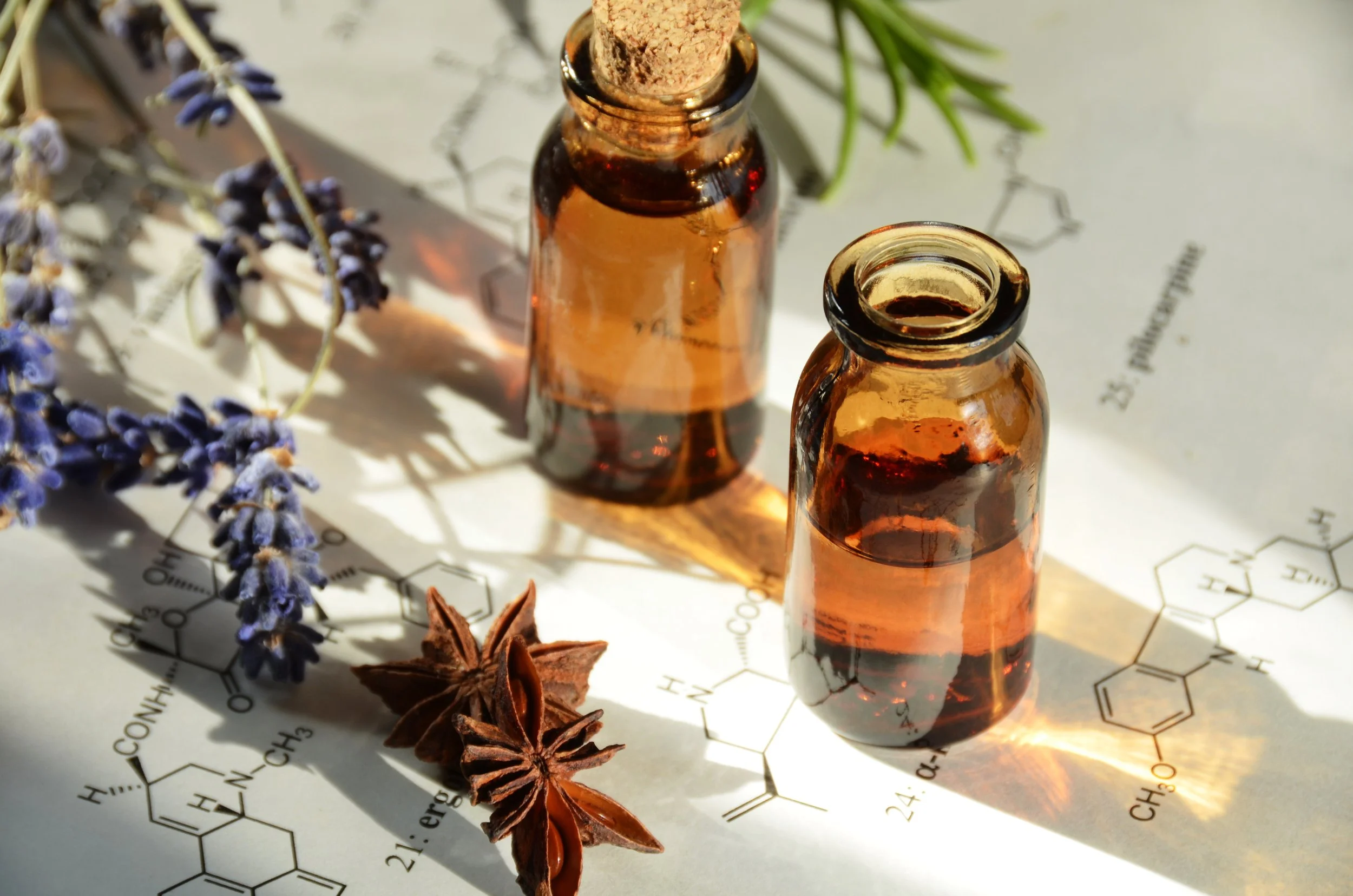


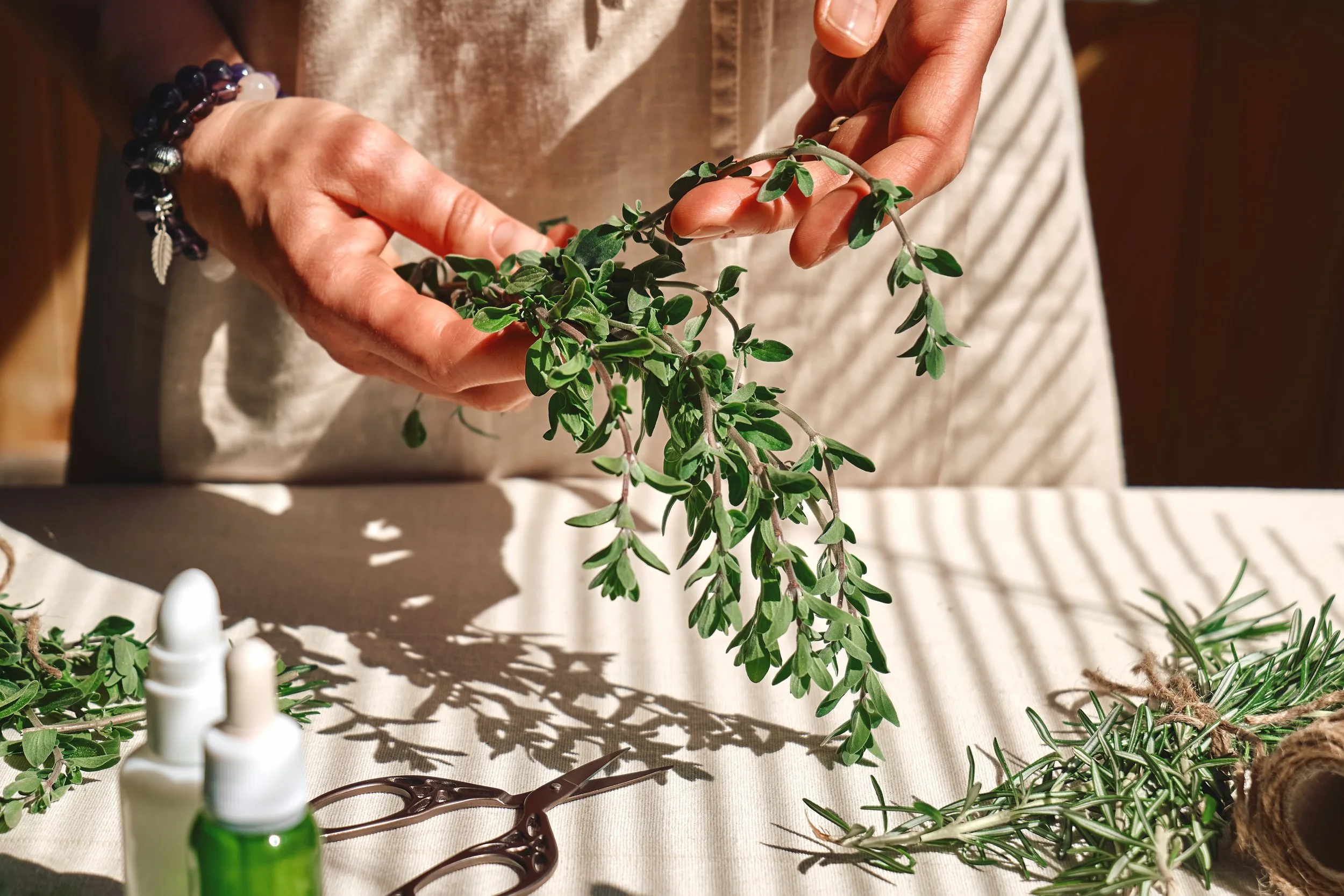







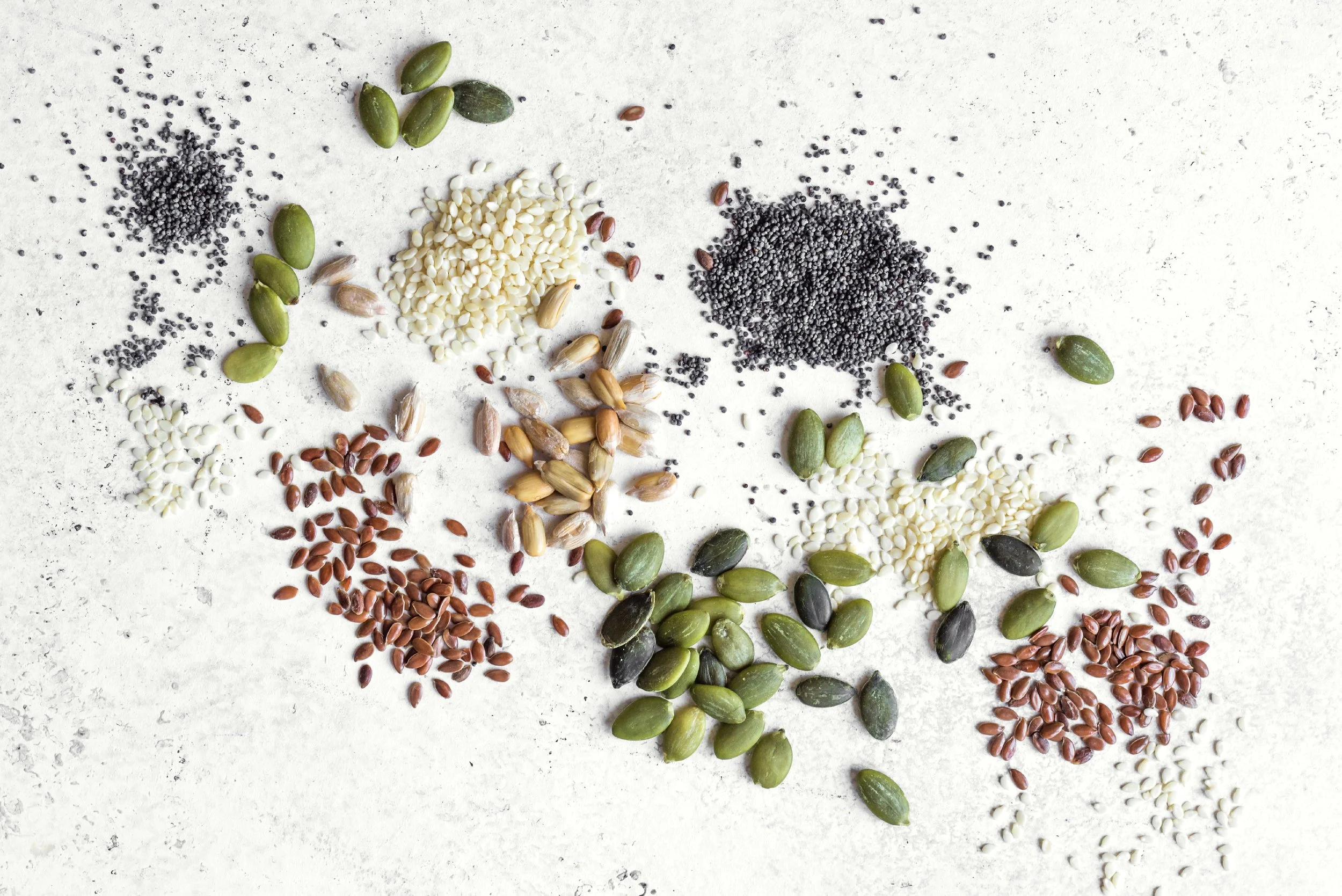
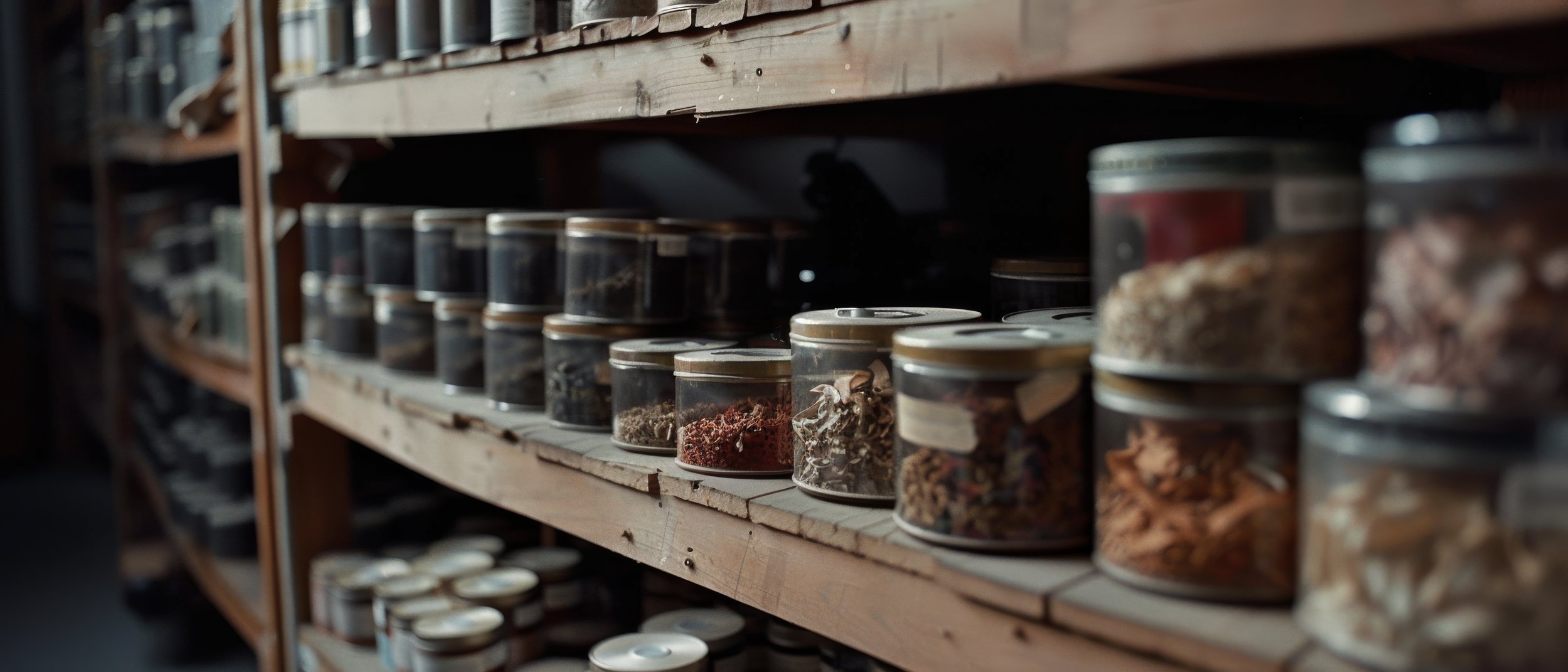
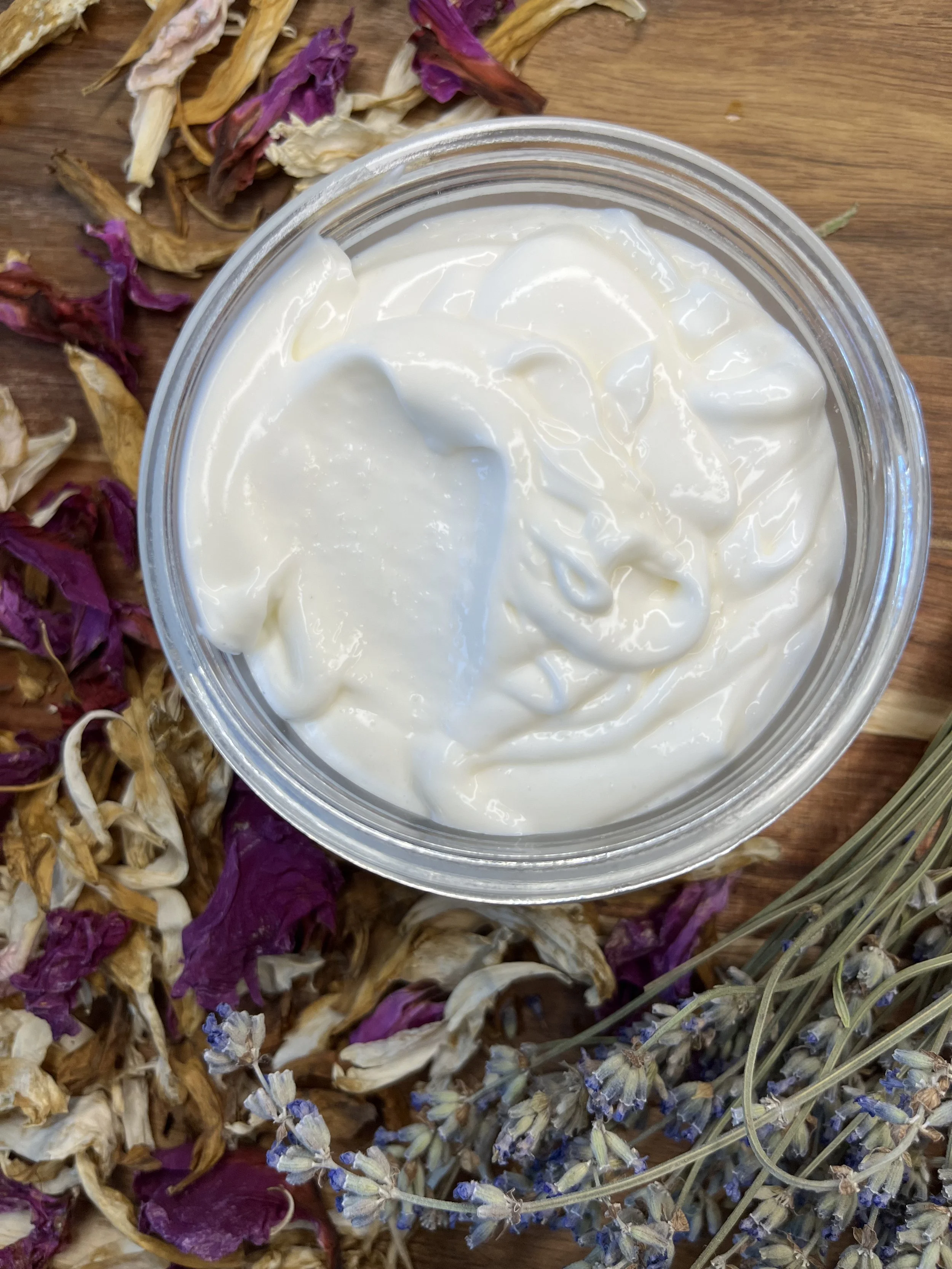
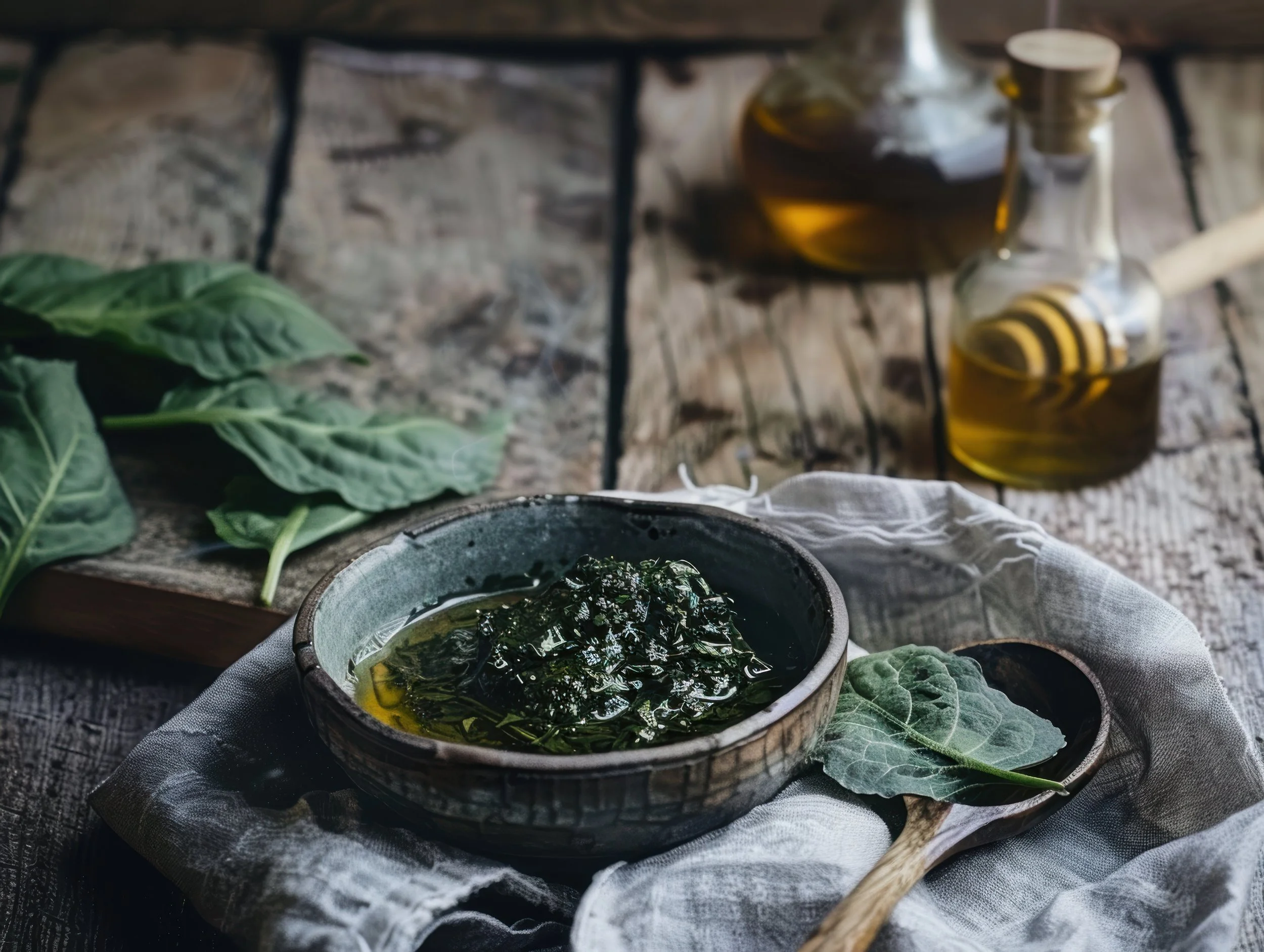
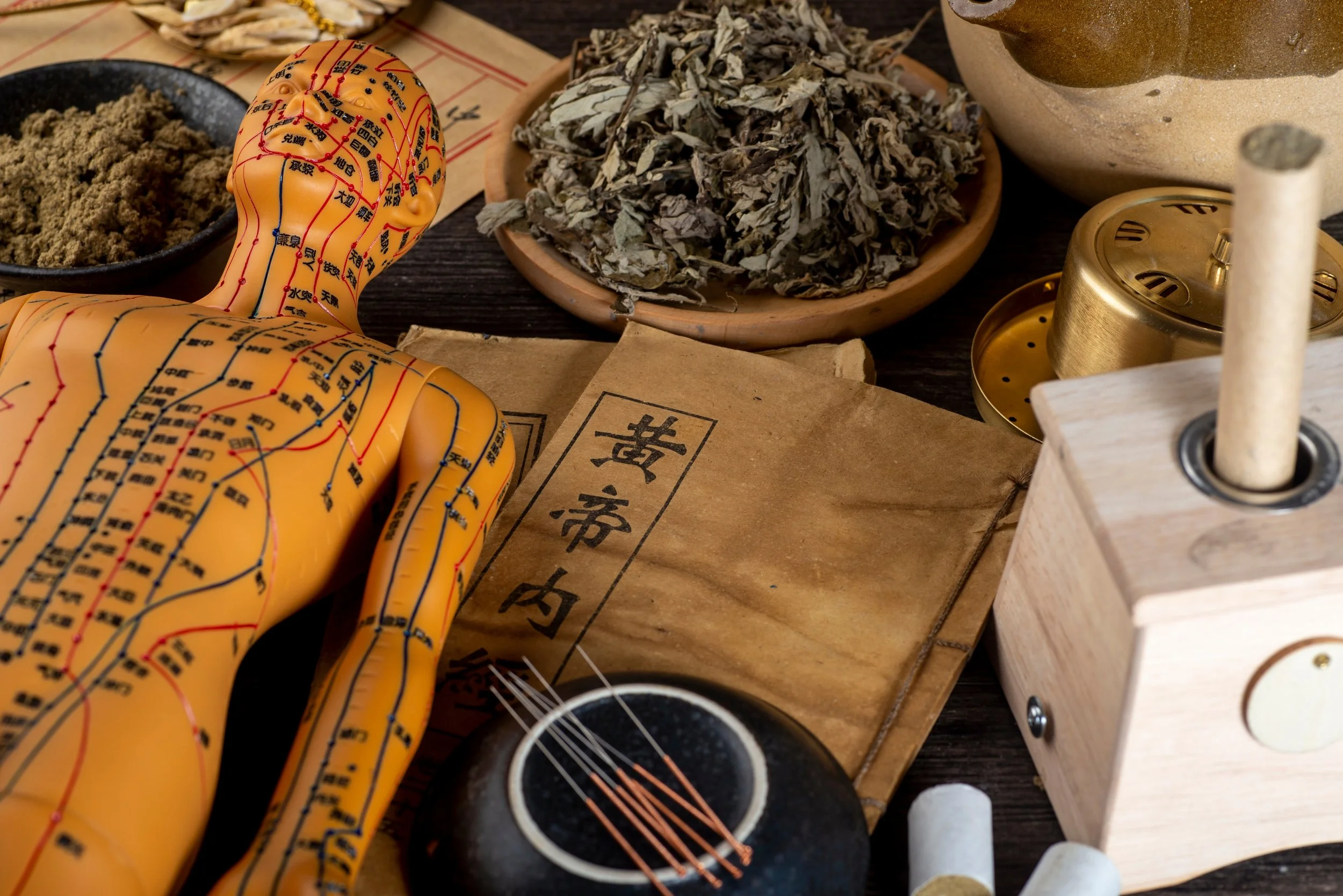
Hello and welcome! I'm Eve, a Chemist turned Herbalist, sharing the wonders of plant medicine and botanical skincare. Join me on this journey to Learn, Create, and Align your Divine!